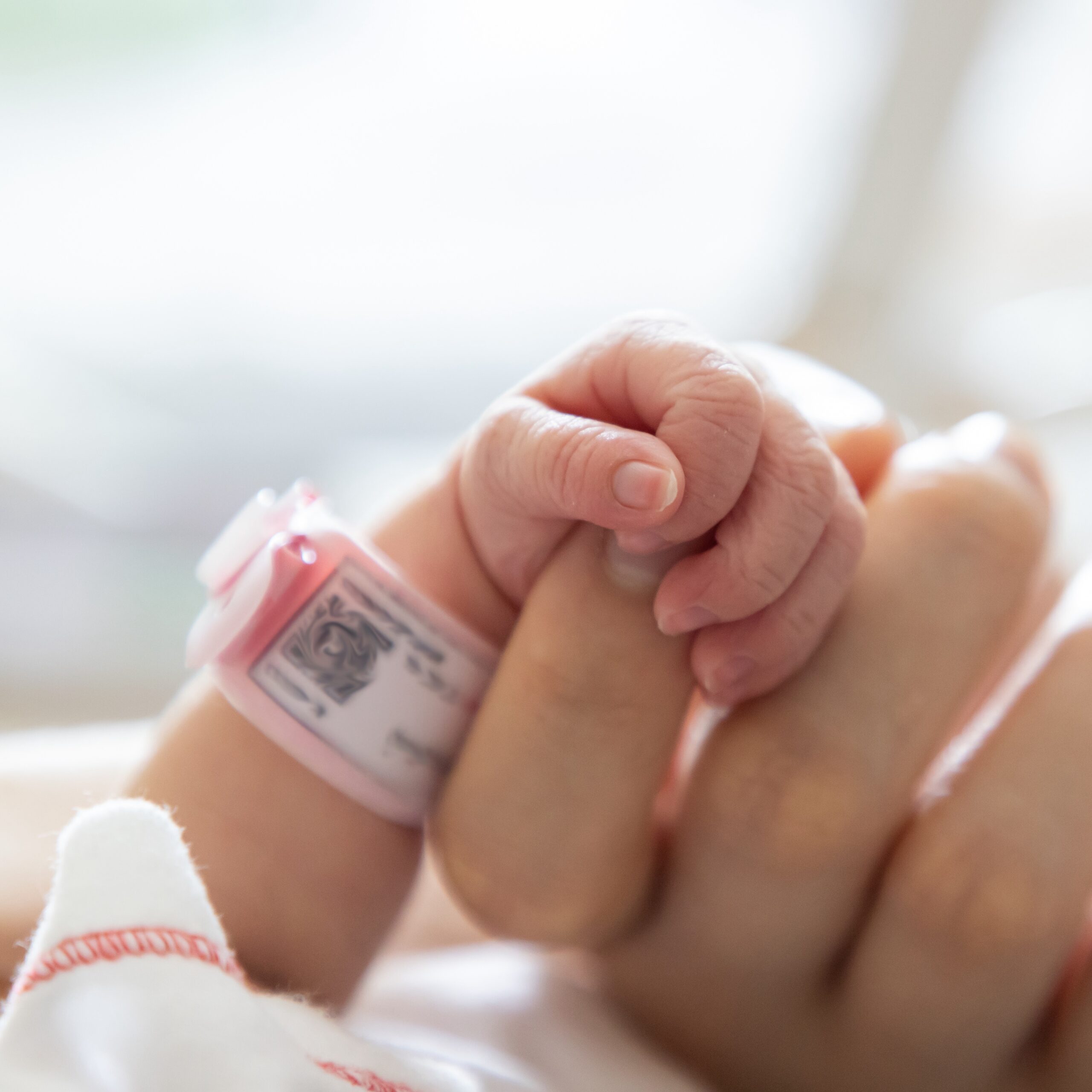

Gi recently spoke to Dr Rebecca Moore on Happy Mum Happy Baby: Parenting SOS. Dr Rebecca is a renowned perinatal psychiatrist, who has supported countless mothers navigating the journey of infertility, pregnancy loss, anxiety, depression, OCD and trauma. In recognition of #BirthTraumaAwarenessWeek, we’re shedding a light on the overlooked issue of trauma and the different ways we process it.
Birth trauma, or the preferred term of ‘perinatal trauma’ extends beyond the actual birth event. It encompasses a series of challenging experiences that can occur throughout the maternity journey, so not only physical complications during pregnancy, but perhaps struggles with IVF, and postnatal issues like breastfeeding challenges.
Everyone’s experience with birth trauma is unique and varies person to person, but here are common symptoms you can look out for to determine if you have been affected by perinatal trauma.
Reliving the Birth – constant, uncontrollable recollections of the event. These memories are often vivid and sharp, so much so that you might physically feel like you’re back in that moment, or they can manifest in dreams, nightmares, or physical sensations related to the birth.
Avoidance Symptoms – shying away from any birth-related discussions or situations. You may change your route to avoid passing the hospital, or resist the idea of having another baby. This avoidance can impact relationships between your partner and friends, and in extreme cases, might make the presence of your baby difficult as they are closely linked to your birth experience.
Being on High Alert – a feeling that the world is unsafe, leading to a constant vigilance for risks and dangers. This sense of alertness can extend to caring for your baby, with excessive worrying about them and frequent checks throughout the night.
Altered Sense of Self – a distorted sense of self and decreased joy. Negative feelings, such as worry, shame, and guilt can become prevalent, with internalised thoughts of failure around the birth process.
Trauma symptoms can appear immediately after birth but more often than not, they show up months or even years postnatally, and sometimes just surfacing during subsequent pregnancies.
Recognising birth trauma can take time; it’s not uncommon for people to take years to fully understand their experiences. The delay can be due to a variety of reasons, such as feeling invalidated by others’ comments (i.e. you’re both healthy, that’s all that matters).
It’s important to take the time to revisit, reframe and openly discuss your perinatal experience – no matter how much time has passed – to help with the healing process
While birth plans offer a vision of an ideal birthing experience, they can create a tough emotional journey when things don’t go to plan. It’s crucial to understand that a birth plan may change and that whatever course your body takes is acceptable. Thinking in advance about potential scenarios that might deviate from the “ideal” birth plan – such as interventions like forceps or ventouse births – can empower parents with knowledge, making unexpected turns less traumatic. In other words, flexibility and realistic expectations are key to managing birth experiences.
Partners, including dads, can also experience birth trauma and Post-Traumatic Stress Disorder (PTSD) from witnessing a traumatic birth. Although their perspectives will differ from that of the birthing person, partners can too feel helpless and powerless through a traumatic experience, and show symptoms similar to those experienced by the birthing mothers.
Dr Rebecca shares that it’s crucial that postnatal services shift from a women-centric focus to a more inclusive family-focused approach, including partners in the care and conversation. It’s important for partners to understand that their feelings are valid and real, as they too need support and care in the aftermath of a traumatic birth. Notably, advocates like Elliott Rae (a recent guest on Parenting SOS) are paving the way for increased recognition and support for partners affected by birth trauma.
To learn more about perinatal trauma, our recent episode of Happy Mum Happy Baby with Dr Rebecca Moore is a must-listen. Tune in wherever you get your podcasts or watch on Youtube here. For more resources on perinatal trauma, visit Birth Better and Birth Trauma Awareness Association.